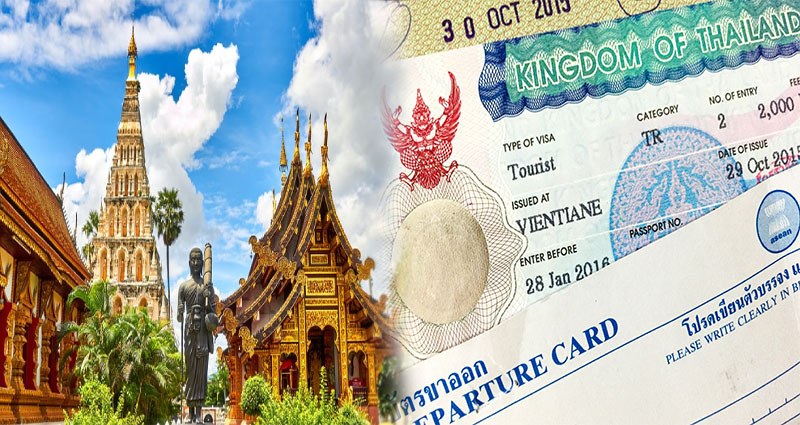Thailand, known for its rich cultural heritage, stunning landscapes, and warm hospitality, attracts millions of tourists every year. If you are planning to visit this beautiful country, it is essential to familiarize yourself with the visa and documentation rules beforehand. In this article, we will provide you with all the essential information you need to know.
Visa Requirements
Thailand offers different types of visas, depending on the purpose of your visit and the duration of your stay. Here are some of the most commonly used visa categories:
- Tourist Visa (TR): This visa allows you to stay in Thailand for up to 60 days for tourism purposes. It can be extended for another 30 days if needed.
- Non-Immigrant Visa (B): If you are planning to work, study, or conduct business activities in Thailand, you will need a non-immigrant visa. This category has several subcategories, including business visa, education visa, retirement visa, etc.
- Visa Exemption Scheme: Citizens of certain countries are eligible for visa exemption, which allows them to enter Thailand without a visa for a specified period. The duration varies depending on the nationality, ranging from 14 to 90 days.
Please note that visa requirements and regulations may change over time, so it is advisable to consult the Royal Thai Embassy or Consulate in your country for the most up-to-date information.
Documentation Rules
In addition to the visa requirements, you need to ensure that you have the necessary documentation for your visit to Thailand. Here is a list of essential documents you should have:
- Passport: Your passport should have at least six months of validity remaining from the date of entry into Thailand. It should also have a few blank pages for immigration stamps.
- Visa Application Form: If you require a visa, you will need to fill out the appropriate application form. You can download the form from the Royal Thai Embassy or Consulate websites.
- Supporting Documents: Depending on the type of visa you are applying for, you may need to provide additional supporting documents. For example, if you are applying for a tourist visa, you may need to show proof of accommodation bookings, return flight tickets, and sufficient funds to cover your stay.
- Proof of Travel Insurance: While not mandatory, having travel insurance coverage is highly recommended to protect yourself from any unexpected situations during your trip.
- Customs Declaration Form: On arrival, you will be required to fill out a customs declaration form, declaring any dutiable or prohibited items you are carrying.
It is crucial to ensure that all your documents are complete, accurate, and up-to-date. Any discrepancies or missing documents may lead to delays or denial of entry into Thailand.
Thailand’s visa and documentation rules are designed to ensure a smooth and safe travel experience for all visitors. By familiarizing yourself with the visa requirements and preparing the necessary documents in advance, you can avoid any last-minute hassles and enjoy your trip to the fullest. Remember to stay updated with the latest regulations and consult the Royal Thai Embassy or Consulate for any specific queries or concerns. Have a fantastic journey to the Land of Smiles!


